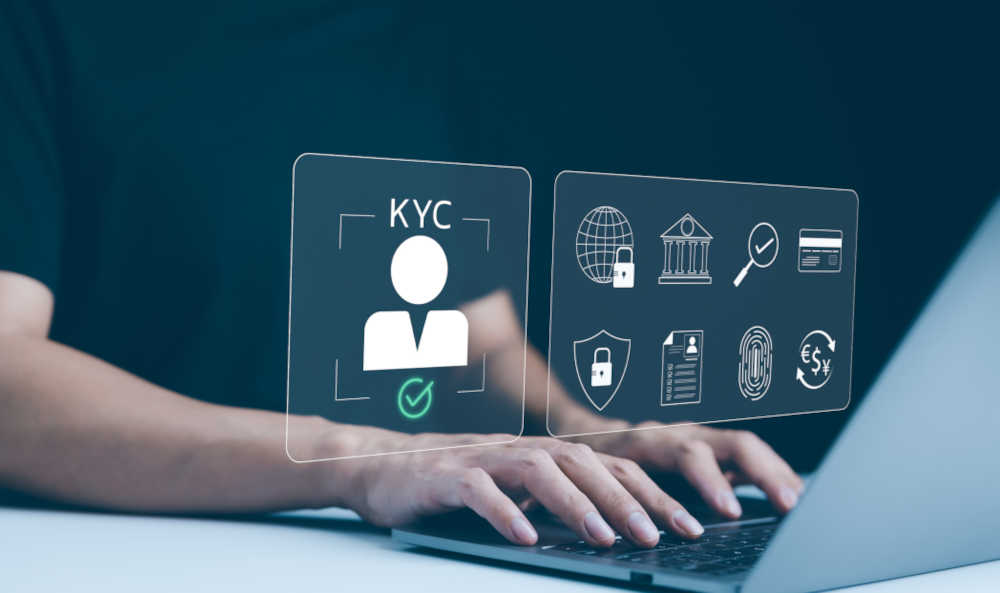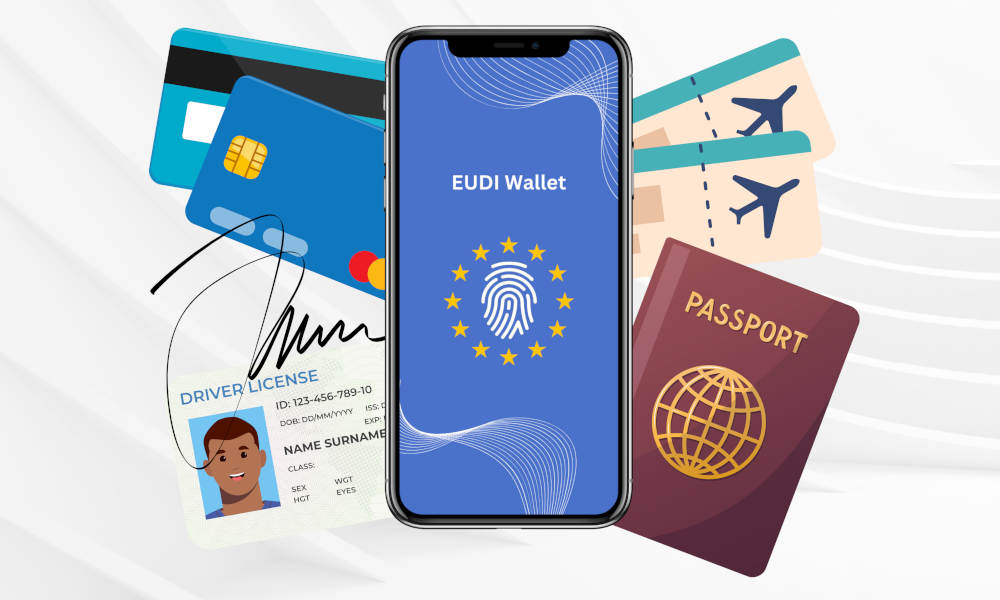Blog
Efficient KYC Processes through Qualified Trust Service Providers
02.04.2025

Customer identity verification - known as Know Your Customer (KYC) - is an essential process in many industries, particularly in finance, insurance and digital services. KYC is used to fulfill legal requirements, prevent money laundering and prevent fraud. However, especially in the digital age, the question arises as to how this process can be made secure, efficient and user-friendly. This is where qualified trust service providers (TSPs) come into play, opening up a new dimension of identity verification with their digital solutions.
Why is KYC so important?
KYC is more than just a regulatory process. It is an important measure to:
- Prevent money laundering and terrorist financing,
- combat fraud and ensure the integrity of business processes,
- build trust between companies and customers,
- fulfill compliance requirements, especially in the context of international regulations such as the Anti-Money Laundering Directive (AMLD).
However, traditional KYC methods, such as presenting documents in person, are time-consuming, expensive and a hurdle for many customers. Digital solutions offer an opportunity to speed up the process and make it more secure at the same time.
The role of qualified trust service providers in the KYC process
Qualified VSPs play a key role when it comes to making digital identity checks secure and legally compliant. Their solutions are based on the eIDAS regulation and guarantee the highest security standards.
1. Unambiguous identity verification
Qualified trust services such as electronic signatures or electronic seals make it possible to verify the identity of customers unambiguously and tamper-proof.
2. Automation and efficiency
By integrating VDA solutions, KYC processes can be digitized and automated. This reduces manual effort and speeds up processing times.
3. Compliance security
VDAs help companies to meet regulatory requirements. They offer detailed traceability, ensuring that transactions or identity checks are documented and traceable - a decisive advantage in the event of audits by supervisory authorities.
4. Customer satisfaction
Digital identity checks offer customers a convenient and fast solution. They no longer must physically present documents or endure long waiting times. Instead, they can verify their identity digitally from anywhere.
Advantages for companies
The use of VDA in the KYC process offers companies numerous advantages:
- Cost efficiency: digital KYC solutions significantly reduce operating costs by replacing manual processes.
- Speed: Transactions can be completed in real time, increasing efficiency.
- Legal compliance: Companies can efficiently implement regulatory requirements and optimize their processes to guarantee a stable and transparent business foundation in the long term.
- Better usability: A fast, smooth and secure KYC process increases customer satisfaction and loyalty.
Conclusion
In the digital age, KYC is not only a regulatory obligation, but also an opportunity to optimize processes and position yourself as an innovative and secure partner in the market. With the right tools and technologies, companies can not only master the challenges of the KYC process but also gain a decisive competitive advantage.


